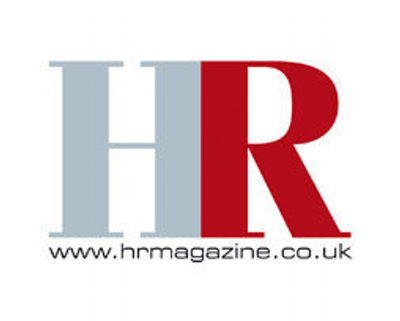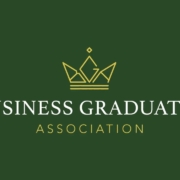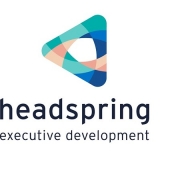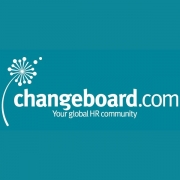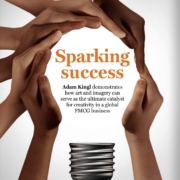Putting a price tag on the Great Resignation
While we’ve been talking about the global resignation crisis anecdotally, we now have figures that reveal the scale of the emergency.
A Microsoft study indicated that 41% of the global workforce are considering resigning within one year, and a Fast Company article suggested that this number may actually be as high as 55%. As many as one in four employees may be considering leaving their roles within six to 12 months.
My own research indicated that this phenomenon was already growing before the pandemic when l learned 90% of millennials (who compose about 60% of the global workforce) do not plan to stay with their employers for more than five years, and over a third plan to leave within two years.
To put a price tag on the problem, if the average cost of replacing an employee is between one half to two times their annual salary, then a 100-person company with an average salary of £60,000 could be facing replacement costs in 2022 of between £750,000 and £3,000,000.
The implications of the resignation crisis are especially dire for professional services firms. I’m thinking of management consultancies, accounting and law firms that have a partnership model in particular.
Initially, this model only worked if graduates knew they were on an 10-year journey to make partner, but what if those graduates don’t care about becoming partners anymore? Then the social architecture of the venerable ‘firm’ would crumble.
But in just about any type of organisation, the life-long corporate citizen is going the way of the dodo. As a result, a number of long-held assumptions around how to retain talent are being overthrown.
Since pensions aren’t what they used to be, with the inevitable transition from final salary to defined contribution schemes, and average salaries have not grown concomitantly with inflation over the last 30 years, salaries and pensions are just not serving as the ‘golden handcuffs’ of yesteryear.
Instead, my research indicates that the top factors at employee engagement today are development, culture and purpose:
- Development can no longer be a reward for tenure since top talent won’t wait for up to 10 years for that management development programme. Upskilling and continuous, rather than intermittent, development is the new norm.
- Organisational culture has to be visible in shared behaviours and actions, not values and platitudes in the annual shareholder reports and on colourful posters in the lifts.
- Purpose must be lived and companies must be curious about each colleague’s own choices in their professional lives and why they choose to work here.
I frequently talk to firms who are seriously questioning their philosophy of work and the architecture of how they are composed.
We have to reconsider the models in our organisations and think about how we can still imbue people with purpose and values so that they will stay a little bit longer, but also create those organisational designs that are not necessarily ‘up or out’.
That aspiration must involve working on purpose and legacy, particularly with senior executives, those in the last trimester of their careers, who might otherwise be thinking, ‘Well, there’s very little else that you can teach me’.
I would want to get this stakeholder group together and ask them to think about the type of firm that they wish to leave for their successors. How might it be possible to have more fluid movement in and out of the organisation?
In that way, top talent might include those who are en route to becoming enterprise leaders, or might become future clients, or might become suppliers or partners, or might ultimately want to work on a contractor basis. After all, over 60% of the world’s work is now organised according to projects.
Top young talent might even want to return as senior executives later in your company’s life. In other words, they might join a firm two or three times during their careers, coming in and out of the organisation with greater dexterity than most companies would currently tolerate.
It really involves rethinking how you work and how you are structured, but those difficult conversations have to begin now.
Adam Kingl is the author of Next Generation Leadership and an adjunct lecturer at the UCL School of Management
HR Magazine, Published: 19 Jan 2022
https://www.hrmagazine.co.uk/content/comment/putting-a-price-tag-on-the-great-resignation

